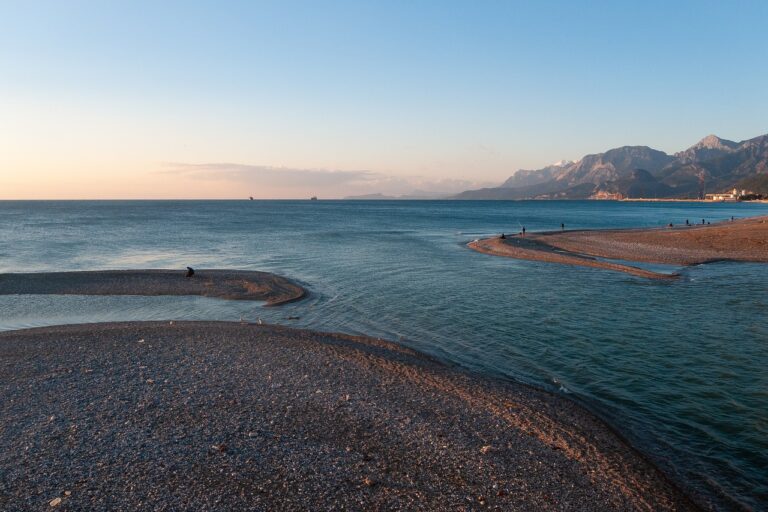Sustainable Adventure Travel Herbalism Courses: Learning About Medicinal Plants and Herbal Remedies from Indigenous Healers
Indigenous healing practices have long relied on the power of medicinal plants to treat a myriad of ailments and maintain overall well-being. Through generations of knowledge passed down orally, these communities have cultivated a deep understanding of the therapeutic properties found in nature’s bounty. Medicinal plants are not just viewed as physical remedies but are also integral components of spiritual and cultural practices, connecting individuals to their heritage and the natural world.
The significance of medicinal plants in indigenous healing extends beyond their physical healing properties, encompassing a holistic approach that considers mind, body, and spirit. These plants are often used in rituals and ceremonies to restore balance and harmony within individuals and communities. The preservation of these traditional healing practices is crucial not only for maintaining cultural identity but also for promoting sustainable health and wellness practices that have stood the test of time.
Exploring Sustainable Adventure Travel Options for Herbalism Courses
Embarking on an herbalism course within a sustainable adventure travel framework offers a unique opportunity to delve into the world of medicinal plants while immersing oneself in diverse ecosystems. Travellers can choose from a range of destinations that not only provide hands-on experience with herbalism but also foster a deep connection to nature. These courses often emphasize sustainable practices, allowing participants to learn about the importance of conservation and ethical harvesting.
In addition to learning about the healing properties of various plants, participants in herbalism courses can engage in activities such as plant identification, wildcrafting, and herbal medicine preparation. These hands-on experiences enable individuals to develop a deeper understanding of the natural world and the valuable resources it provides. Moreover, connecting with local practitioners and communities during these courses can enrich the learning experience and offer a cultural perspective on herbal healing practices.
What is the significance of medicinal plants in indigenous healing practices?
Medicinal plants play a crucial role in indigenous healing practices as they have been used for centuries to treat various ailments and promote overall well-being. These plants are seen as sacred and are believed to have powerful healing properties.
How can sustainable adventure travel enhance the learning experience of herbalism courses?
Sustainable adventure travel provides students with the opportunity to immerse themselves in nature and learn about medicinal plants in their natural habitat. This hands-on approach allows for a deeper understanding and appreciation of the plants and their healing properties.
What are some examples of sustainable adventure travel options for herbalism courses?
Some examples of sustainable adventure travel options for herbalism courses include guided plant walks in biodiverse regions, visits to organic herb farms, and wilderness camping trips focused on learning about medicinal plants.
How can students ensure that their adventure travel for herbalism courses is sustainable?
Students can ensure that their adventure travel for herbalism courses is sustainable by choosing eco-friendly accommodations, supporting local communities, and practicing Leave No Trace principles while exploring natural areas.
What are the benefits of combining adventure travel with herbalism courses?
Combining adventure travel with herbalism courses allows students to not only learn about medicinal plants but also to connect with nature on a deeper level. This holistic approach to learning can promote personal growth, wellness, and a greater sense of connection to the natural world.





